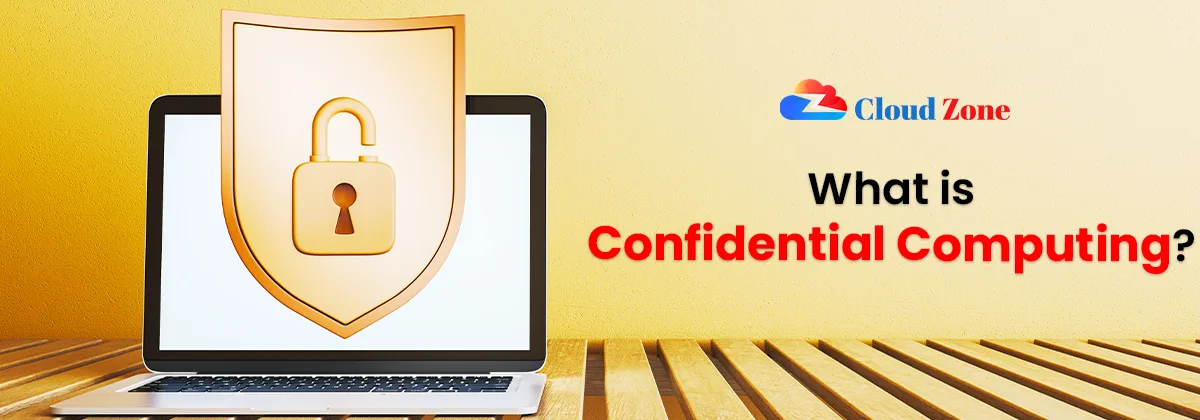Cybersecurity analyst roles and responsibilities
Table of Contents
ToggleIntroduction
In the current internet era, threats always exist. Cyber security analysts are the watchful guardians of our digital resources. This makes them essential actors in protecting these organizations against internet risks. At the same time maintaining integrity, confidentiality and availability (ICA) of our most important data. In this blog post, we will discuss the complex field of cybersecurity analyst roles and responsibilities in order to understand the specific abilities needed. Also, the typical challenges met while working as an incident responder (IR)/security operations (SecOps) analyst.
Skills and Qualifications Required
If you want to become a successful cybersecurity analyst, it is important to know that you need technical expertise. The cybersecurity analyst roles and responsibilities extend to many areas.
- Their analytical abilities as well as always being ready for new dangers are of prime importance.
- Most significant are skills in network safety, personal security checks as well as communication encryption and incident response.
- Moreover, possessing programming languages knowledge e.g. Python, C is required.
- Also, understanding security tools such as SIEM and IDS/IPS will be of great help.

Common cybersecurity threats
On a daily basis, cyber-security experts face many different challenges which threaten organizational safety. However, the collection of cyber threats keeps on changing. They range from ransomware attacks and malicious software to scam emails and dishonest personalities. Therefore, it is important to know how enemies trick people into becoming weak victims for prevention purposes.
Cybersecurity analyst roles and responsibilities
The cybersecurity analyst has a critical obligation to examine the security incidents. They do so by keeping watch on them and solving them even before they take place. This involves checking the network traffic, log information, and system alarms regularly. It is so as to see any activity that is peculiar and may pose danger. Besides, they are the main players in defining what the policies on safety should be like. In addition they take part in managing risks and engaging in different departments in an organization.
Stay ahead of the curve by learning AI-powered design techniques for the web.
Role of cybersecurity analysts in detecting security incidents
It is very important to minimize the effects of cyber attacks by quickly discovering any security incidents. They use high-tech tools and systems to monitor network movements and breaches of safety, and nip risks in the bud. They keep a close eye on the security logs, looking at suspicious events and matching different data sources. Analysts are thus able to reveal (IOCs) indicators of compromise and promptly use emergency measures to stop and fix damage from occurring on time.
Strategies for mitigating cybersecurity risks
Controlling cybersecurity threats requires different ways spanning from preventing, observing, and solving.
- Stakeholders together with cyber security analysts across the consortium work together in doing scans that are extensive in order to identify whatsoever risks.
- They then come up with sound preventive plans. This process could require the implementation of security defenses.
- Also, installation of patches against program vulnerabilities, as well as improving staff knowledge on cyber safety training programs and other alertness initiatives.
Stay ahead of the curve by learning AI-powered
Opportunities for career advancement in cybersecurity analysis
Career opportunities within cybersecurity analysis are infinite.
- Given the rising importance of cybersecurity within organizations, the need for expert professionals in this field has never been this high.
- From penetration testing and threat intelligence analysis to security architecture and incident response management, cybersecurity analysts can venture into various career fields.
- Unlocking new career opportunities in this dynamic field requires a lot of continuous learning and aim to get advanced certifications. Go for Cybersecurity Course in Chandigarh.
Conclusion
In a nutshell, the work of cyber security experts is very crucial when it comes to protecting entities against continuous threats. Various developments experienced within the field of computerized threats are also included in their role. Being attentive in identifying dangers, quick in addressing incidents and reducing hazards would strengthen the company’s lines of defense. The growth of the digital realm is a strong proof that cybersecurity analysts are very crucial in protecting digital assets. It is also to work against cyber risks and also diminishing them. This translates to the fact that cybersecurity analysts can truly take part in stopping cybercrimes. It is provided they have the right skills, qualifications and a burning commitment to help them in the job.



